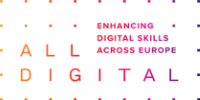 Το έργο Crowddreaming: Youth co–create digital culture συμμετείχε στην ετήσια Σύνοδο Κορυφής 2020 του πανευρωπαϊκού δικτύου ALL DIGITAL (7 & 8.10.2020)! Συγκεκριμένα, το έργο συμπεριλήφθηκε σε ειδικό εργαστήριο για την πολιτιστική κληρονομιά (heritage) στον δεύτερο κύκλο συζητήσεων της δεύτερης ημέρας εργασιών της Συνόδου.
Το έργο Crowddreaming: Youth co–create digital culture συμμετείχε στην ετήσια Σύνοδο Κορυφής 2020 του πανευρωπαϊκού δικτύου ALL DIGITAL (7 & 8.10.2020)! Συγκεκριμένα, το έργο συμπεριλήφθηκε σε ειδικό εργαστήριο για την πολιτιστική κληρονομιά (heritage) στον δεύτερο κύκλο συζητήσεων της δεύτερης ημέρας εργασιών της Συνόδου.
Στο εργαστήριο για το Crowddreaming προβλήθηκαν: Η μεθοδολογία Crowddreaming, το Πρόγραμμα Σπουδών και το Μαζικό Ανοικτό Διαδικτυακό Μάθημα (MOOC) που κινητοποιεί τους εκπαιδευτικούς να χρησιμοποιήσουν το Crowddreaming με τους μαθητές τους, οι εμπειρίες από την εφαρμογή της μεθοδολογίας σε 5 Ευρωπαϊκές χώρες και η Europa Square – ένα αέναο ψηφιακό μνημείο αφιερωμένο στην Ευρώπη ως διαπολιτισμικό εργαστήριο.
- Οι εργασίες της Συνόδου 2020 του Δικτύου ALL DIGITAL πραγματοποιήθηκαν διαδικτυακά, κερδίζοντας το ενδιαφέρον ακαδημαϊκών, ερευνητών αλλά και επαγγελματιών στο χώρο της εκπαίδευσης, της αυτοδιοίκησης, του πολιτισμού, κλπ. Το εργαστήριο παρουσίασης του έργου Crowddreaming απέσπασε έναν από τους μεγαλύτερους αριθμούς συμμετοχών.
- Tο Δίκτυο της ALL DIGITAL είναι πανευρωπαϊκό και απαριθμεί 70 μέλη, τα οποία αντιπροσωπεύουν κέντρα ψηφιακών ικανοτήτων ή δίκτυα κέντρων ψηφιακών ικανοτήτων, κέντρα μάθησης ΤΠΕ, κέντρα εκπαίδευσης ενηλίκων σε ολόκληρη την Ευρώπη, όπου παιδιά και ενήλικες μπορούν να έχουν πρόσβαση στο διαδίκτυο, να μάθουν για τις πλέον πρόσφατες ψηφιακές δεξιότητες και να ενημερώνονται για τις τεχνολογικές εξελίξεις. Μέλος της ALL DITIGAL είναι η Ερευνητική Ομάδα DAISSy του Ελληνικού Ανοικτού Πανεπιστημίου, που υλοποιεί το έργο Crowddreaming ως φορέας-εταίρος στην Ελλάδα.
Μείνετε συντονισμένοι και θυμηθείτε να επισκέπτεστε την Ιστοσελίδα του Crowddreaming και τη Europa Square, το Ευρωπαϊκό ψηφιακό μνημείο που συνεχώς εξελίσσεται και εμπλουτίζεται από τους συμμετέχοντες μαθητές και δασκάλους στο πλαίσιο του έργου!
Περισσότερες πληροφορίες για το έργο Crowddreaming καθώς κι άλλες δράσεις της Ερευνητικής Ομάδας DAISSy-ΕΑΠ:
- Website : http://daissy.eap.gr/en, https://crowddreaming.eu/el/
- Facebook : @DAISSyResearchGroup, @crowddreamingEU
- Linkedin : https://www.linkedin.com/in/daissyresearchgroup/
- Twitter : https://twitter.com/daissy_research, @CrowddreamingP
- Instagram : @daissy_researchgroup
- Email : info@daissy.eap.gr

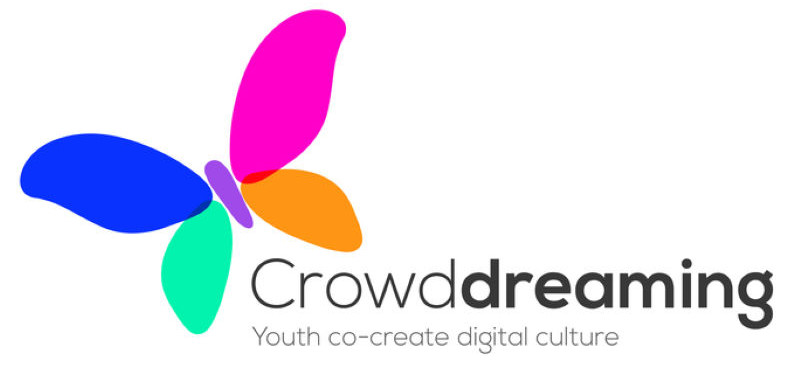
![[DAISSy-HOU] MILE-photo2_29.09.20](http://daissy.eap.gr/wp-content/uploads/2020/10/DAISSy-HOU-MILE-photo2_29.09.20-1037x380.jpg)
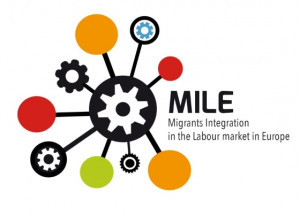 Την Τρίτη, 29 Σεπτεμβρίου 2020, από τις 11:00’ έως τις 13:40’, η Ερευνητική ομάδα DAISSy του Ελληνικού Ανοικτού Πανεπιστημίου (ΕΑΠ) πραγματοποίησε με επιτυχία την τρίτη διαδικτυακή Συνάντηση Εργασίας ενδιαφερομένων, στο πλαίσιο του έργου «MILE – Migrants Integration in the Labour Market in Europe».
Την Τρίτη, 29 Σεπτεμβρίου 2020, από τις 11:00’ έως τις 13:40’, η Ερευνητική ομάδα DAISSy του Ελληνικού Ανοικτού Πανεπιστημίου (ΕΑΠ) πραγματοποίησε με επιτυχία την τρίτη διαδικτυακή Συνάντηση Εργασίας ενδιαφερομένων, στο πλαίσιο του έργου «MILE – Migrants Integration in the Labour Market in Europe».![[DAISSy-HOU] MILE-photo2_29.09.20](http://daissy.eap.gr/wp-content/uploads/2020/10/DAISSy-HOU-MILE-photo2_29.09.20-1024x643.jpg)
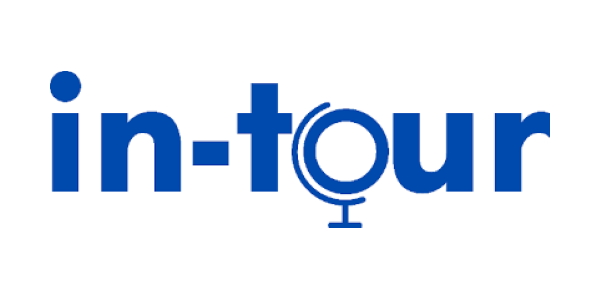
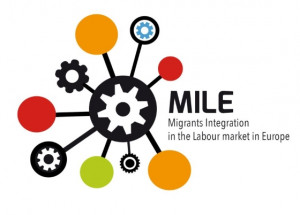
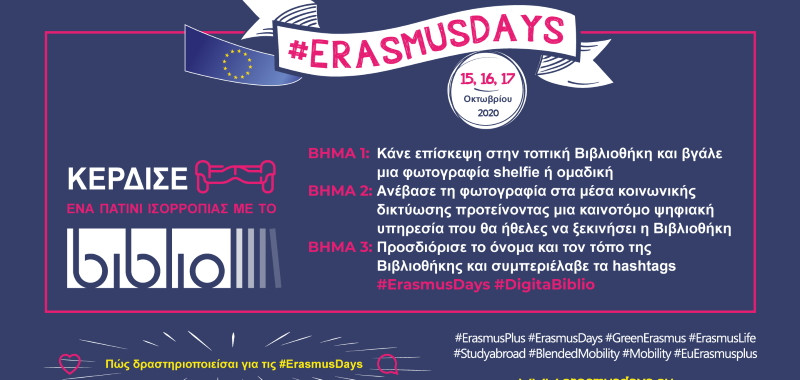
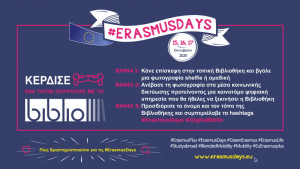 Η 4η διοργάνωση των «Ημερών Erasmus» (
Η 4η διοργάνωση των «Ημερών Erasmus» (
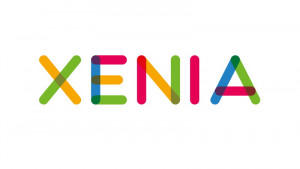 The Work Package 1 (WP1) results’ and its abstract, the first phase of XENIA Erasmus+ project, are now available online. DAISSy Research Group of the Hellenic Open University (HOU), the Greek partner, has contributed to all WP1 stages and outputs.
The Work Package 1 (WP1) results’ and its abstract, the first phase of XENIA Erasmus+ project, are now available online. DAISSy Research Group of the Hellenic Open University (HOU), the Greek partner, has contributed to all WP1 stages and outputs.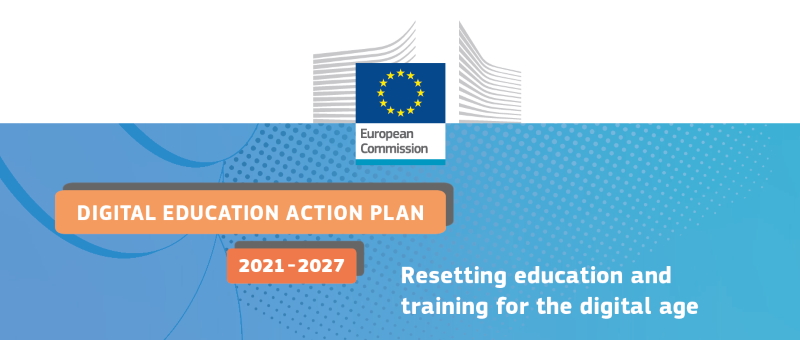
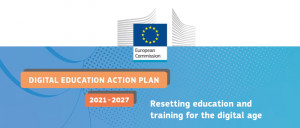
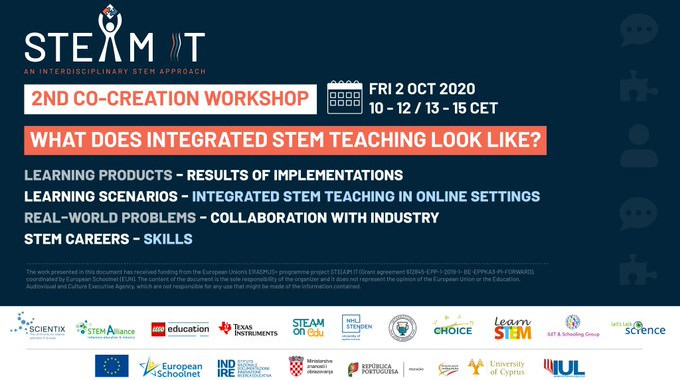
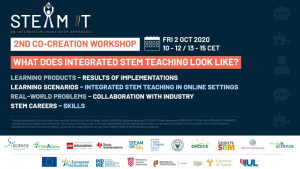 On Friday October 2nd, 2020, the STE(A)M IT project organized its 2nd co-creation workshop. The 60 participants attending included representatives from 6 companies, 14 Ministries of Education, as well as 8 experts in STEM Education, 5 researchers and 15 teachers. All participants had the opportunity to discuss and exchange on the status and development of the STE(A)M Integrated framework and the enrichments of its various components.
On Friday October 2nd, 2020, the STE(A)M IT project organized its 2nd co-creation workshop. The 60 participants attending included representatives from 6 companies, 14 Ministries of Education, as well as 8 experts in STEM Education, 5 researchers and 15 teachers. All participants had the opportunity to discuss and exchange on the status and development of the STE(A)M Integrated framework and the enrichments of its various components.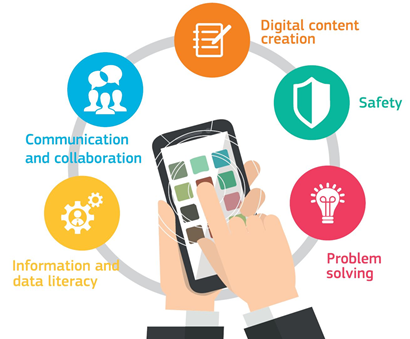
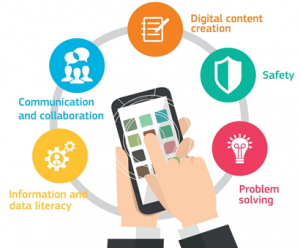 The European Digital Competence Framework, widely known as DigComp, has been developed by JRC to serve as a common referent for the description of the digital skills that are necessary for every citizen to be part of the digital transformation of European societies. The description of version 2.1 of DigComp is available
The European Digital Competence Framework, widely known as DigComp, has been developed by JRC to serve as a common referent for the description of the digital skills that are necessary for every citizen to be part of the digital transformation of European societies. The description of version 2.1 of DigComp is available 
 Στο πλαίσιο του Ευρωπαϊκού έργου ROMAN ROUTES διερευνήθηκε το επίπεδο γνώσης των φοιτητών σχετικά με την επιχειρηματικότητα και τον τουρισμό των αρχαίων Ρωμαϊκών δρόμων, διεξήχθη χαρτογράφηση των Ρωμαϊκών διαδρομών σχετικά με τις υπάρχουσες οικονομικές και πολιτιστικές δραστηριότητες που συνδέονται με αυτές τις διαδρομές, καθώς και την οικονομική τους δυναμική. Η ερευνητική ομάδα @DAISSy ανέλαβε τη διεξαγωγή της έρευνας για την Ελλάδα.
Στο πλαίσιο του Ευρωπαϊκού έργου ROMAN ROUTES διερευνήθηκε το επίπεδο γνώσης των φοιτητών σχετικά με την επιχειρηματικότητα και τον τουρισμό των αρχαίων Ρωμαϊκών δρόμων, διεξήχθη χαρτογράφηση των Ρωμαϊκών διαδρομών σχετικά με τις υπάρχουσες οικονομικές και πολιτιστικές δραστηριότητες που συνδέονται με αυτές τις διαδρομές, καθώς και την οικονομική τους δυναμική. Η ερευνητική ομάδα @DAISSy ανέλαβε τη διεξαγωγή της έρευνας για την Ελλάδα.